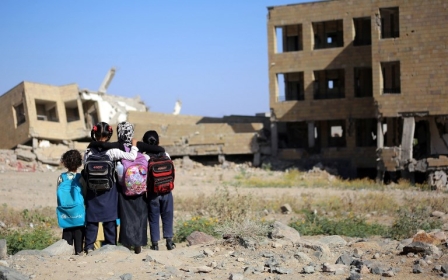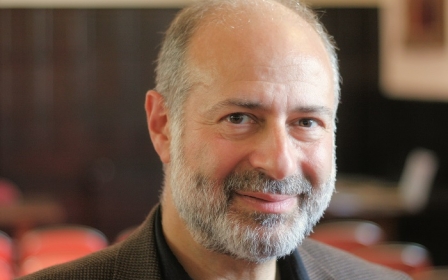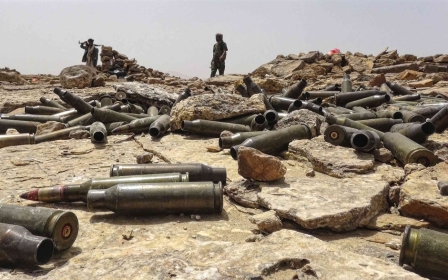Let's shut our schools to send kids into battle, says Yemeni youth minister
The youth minister of war-torn Yemen’s rebel government has proposed suspending school classes for a year and sending pupils and teachers to the front.
Hassan Zaid, the minister for youth and sports in an administration set up by Iran-backed Houthi rebels, suggested on Friday that pupils and teachers could be armed.
“Wouldn’t we be able to reinforce the ranks with hundreds of thousands (of fighters) and win the battle?” he wrote on Facebook.
Yemen has been devastated by a war between the Houthis, who control the capital, Sanaa, and the internationally-recognised government of President Abedrabbo Mansour Hadi, backed by a Saudi-led military coalition.
A teachers’ strike in rebel territory, in protest at salaries going unpaid for about a year, delayed the start of the school year by two weeks. When they did open on Sunday, classrooms were largely empty.
Social media users responded angrily to the minister’s post. “What if we let the students study and sent the ministers and their bodyguards to the front?” one wrote. “That would give us victory and a prosperous future.”
Zaid criticised those who complained about his proposal. “People close the schools under the pretext of a strike and when we think about how to take advantage of this situation, they take offence,” he said.
UNICEF estimates that 78 percent of Yemen’s schools (13,146) have been hit by the salary crunch, while nearly 500 schools have been destroyed during the conflict or turned into shelters or commandeered by armed factions.
According to the United Nations, more than 8,650 people have been killed, including at least 1,550 children, since the Saudi-led coalition joined the Yemen war in 2015, sparking a humanitarian disaster.
Human rights organisations accuse both sides of recruiting child soldiers.
New MEE newsletter: Jerusalem Dispatch
Sign up to get the latest insights and analysis on Israel-Palestine, alongside Turkey Unpacked and other MEE newsletters
Middle East Eye delivers independent and unrivalled coverage and analysis of the Middle East, North Africa and beyond. To learn more about republishing this content and the associated fees, please fill out this form. More about MEE can be found here.




